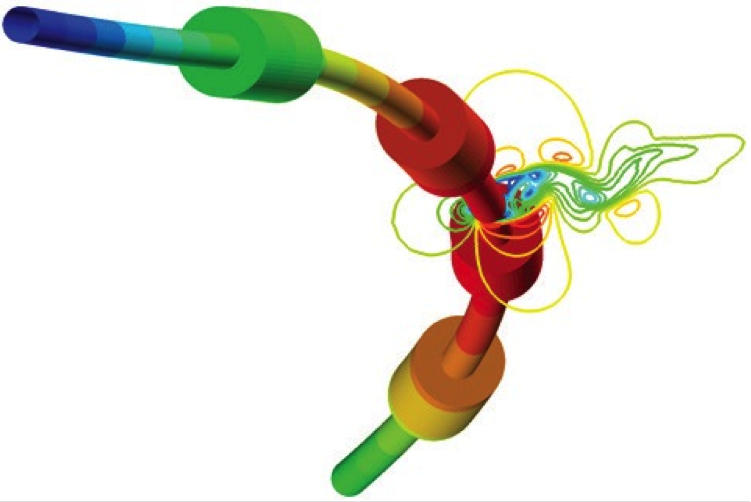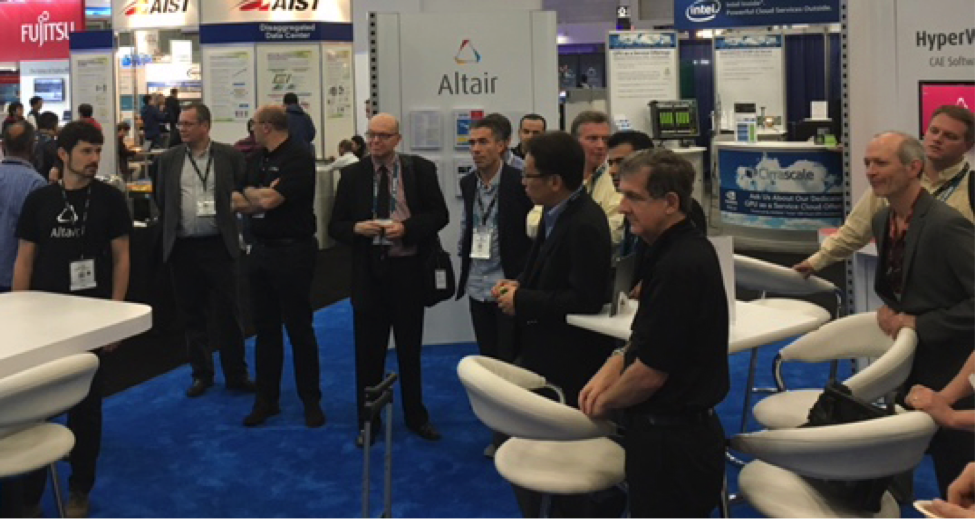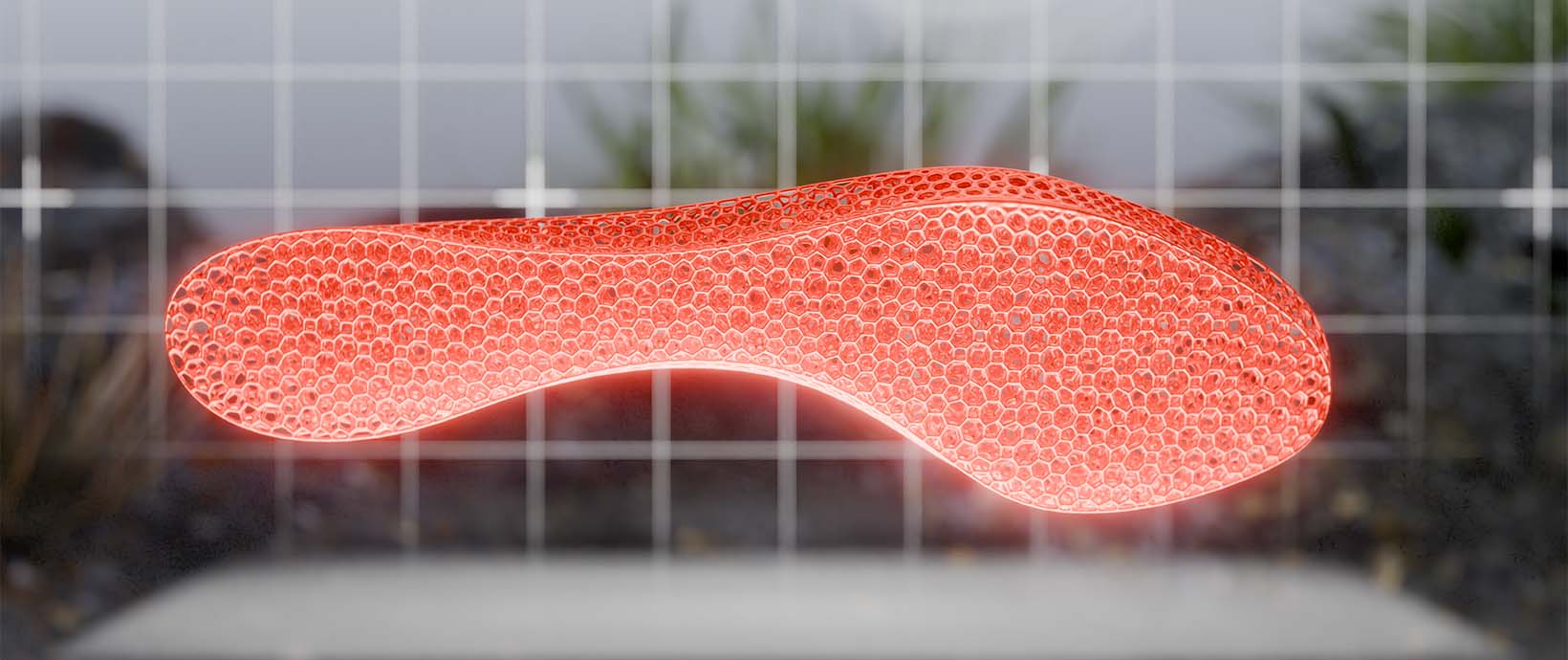HPC Transforms – The Technology Buzz from the World’s Largest HPC Event and Alan Alda
As a newbie to the largest gathering of HPC technologists, researchers, and seemingly countless number of hardware and software solution providers in the world, I left Supercomputing 2015 feeling a strong sense of a community driven to reach that next HPC milestone.
With a record attendance exceeding 10,000, Alan Alda officially kicked off the conference with an unexpected keynote address that defied my initial perception that this was merely a celebrity stunt to get attendees up and around early on a Tuesday morning to start the conference. While many of us know Alda for his role as “Hawkeye Pierce” in the classic television series M*A*S*H, what I didn’t know was his passion for science and commitment to improve how we communicate science/technology related stories so everyone gets it.

As the host for the TV series Scientific American Frontiers, The Human Spark, and Brains on Trial, Alda has garnered the respect as an expert in science communications. This includes being the recipient of the National Science Board’s Public Service Award and being a founding member of Stony Brook University’s Alan Alda Center for Communicating Science. As a marketer of very technical “stuff”, I was genuinely intrigued with his curriculum program to enhance understanding of science by helping train the next generation of scientists and health professionals to communicate more effectively with the public.
In the spirit of communicating “Alda” style, here are some of my take-away from our experience at SC15.
Commercial vs Open Source Software? – More to gain by working together
Lots of buzz, The Linux Foundation announced the OpenHPC Collaborative Project on Thursday prior to the start of SC15. The goal of the OpenHPC project is to provide a new, open source framework to support the world's most sophisticated High Performance Computing environments.
As a founding OpenHPC member and announcing Altair will be offering an open source licensing option to PBS Professional®, there was a lot of exciting news to discuss with partners, customers, media and the open source user community attending SC15.
The long and short of it, however, is that Altair sees a tremendous opportunity to engage with an entirely new user base with broad and deep HPC expertise within the open source community. Combining this talent with our ongoing commercial development with customers and partners will only accelerate the development of HPC technologies to achieve exascale computing. The OpenHPC project provides the perfect platform to bridge and share advancements with both communities.
Altair and clients recognized with HPCwire Readers’ and Editors’ Choice Awards
I feel one of the most rewarding perks of my role is when we get to share the stories of successful stretch projects and client achievements. It was a true pleasure to learn during SC15 that two of our PBS Works clients, Ping Golf and Ford Motor Company, both won HPCwire Editors’ Choice Awards for their innovative work in HPC.
Ping Golf was recognized with an HPCwire Editors’ Choice Award for Best Use of HPC Application in Manufacturing. An innovative, progressive Altair customer for many years, Ping received the award for its use of HPC software from CAE solvers for optimizing design to HPC portals for managing compute-intensive job submission to remote visualization for collaboration with the latter, trimming a day from the design cycle. The following video shares more about Ping’s use of CAE and HPC as one of the leading golf club manufacturers in the world.
Ford was recognized with an HPCwire Editors’ Choice Award for Best Use of HPC Application in Automotive for its groundbreaking work to reduce the weight of the 2015 F-150 by 400 pounds using CAE together with HPC. Ford has been a valued Altair customer from the very beginning of founding our company in 1985. Also a winner of Altair’s 2015 Enlighten Award, we would like to congratulate Ford on this impressive win and success on the 2015 F-150 program.

Finally, Altair would like to thank Cray and Intel for their contributions allowing Altair to be recognized for an Editors’ Choice Award for Best Use of HPC Application in the Oil and Gas Industry. The joint collaboration involved benchmarking a subsea riser simulation solution to give engineers the computational systems they need to perform advanced subsea computational fluid dynamics (CFD) analysis with better speed, scalability and accuracy. Leveraging Altair’s AcuSolve CFD solver running on Cray XC supercomputer systems powered by Intel Xeon processors, the study demonstrated an ability to significantly speed up CFD simulation speeds – allowing more analyses to be performed – to increase component life, reduce uncertainty and improve the overall safety of ultra-deep-water riser systems.


Devin Jensen and Bill Nitzberg of Altair with Tom Tabor presenting, and Mike Kidder on the far right, receiving an honorary award on Altair’s collaboration with Intel and Cray regarding subsea riser simulation solution used to perform advanced subsea CFD.
Altair activities during Supercomputing
During the four day event, Altair hosted hands-on workshops and live demos in the newly designed booth. Technology experts and users, such as NSCEE, Wayne State University, NCI and Orbital ATK, presented on a wide range of topics from the upcoming integration to the successes of implementing PBS Works at sites around the world.

Several integrations with partners, completed and announced, were also presented at Supercomputing. Altair recently finished integration to support HAM with PBS Professional on Lustre to provide big data customers a choice in scheduling YARN applications and Map Reduce jobs in an HPC environment in order to manage big data jobs. An upcoming integration with NVIDIA involves integrating PBS Professional with NVIDIA DCGM to increase system resiliency and reduce error potential. Essentially, PBS Professional will be able to create a wellness plan for NVIDIA GPUs. Another upcoming integration will be with Intel Omni-Path Architecture. The integration will deliver scale, performance, and robustness to optimize scheduling jobs that are based on the network topology.
Finally, Altair celebrated thirty years of innovation, but most importantly, its users. Every day, Altair had a birthday party at the booth with cupcakes (from Austin's famous Hey Cupcake!) and coffee, which were shared with everyone. Altair also hosted a dinner for the PBS Works users at Moonshine Patio Bar & Grill. A fun time was had by all, with good food and great company






